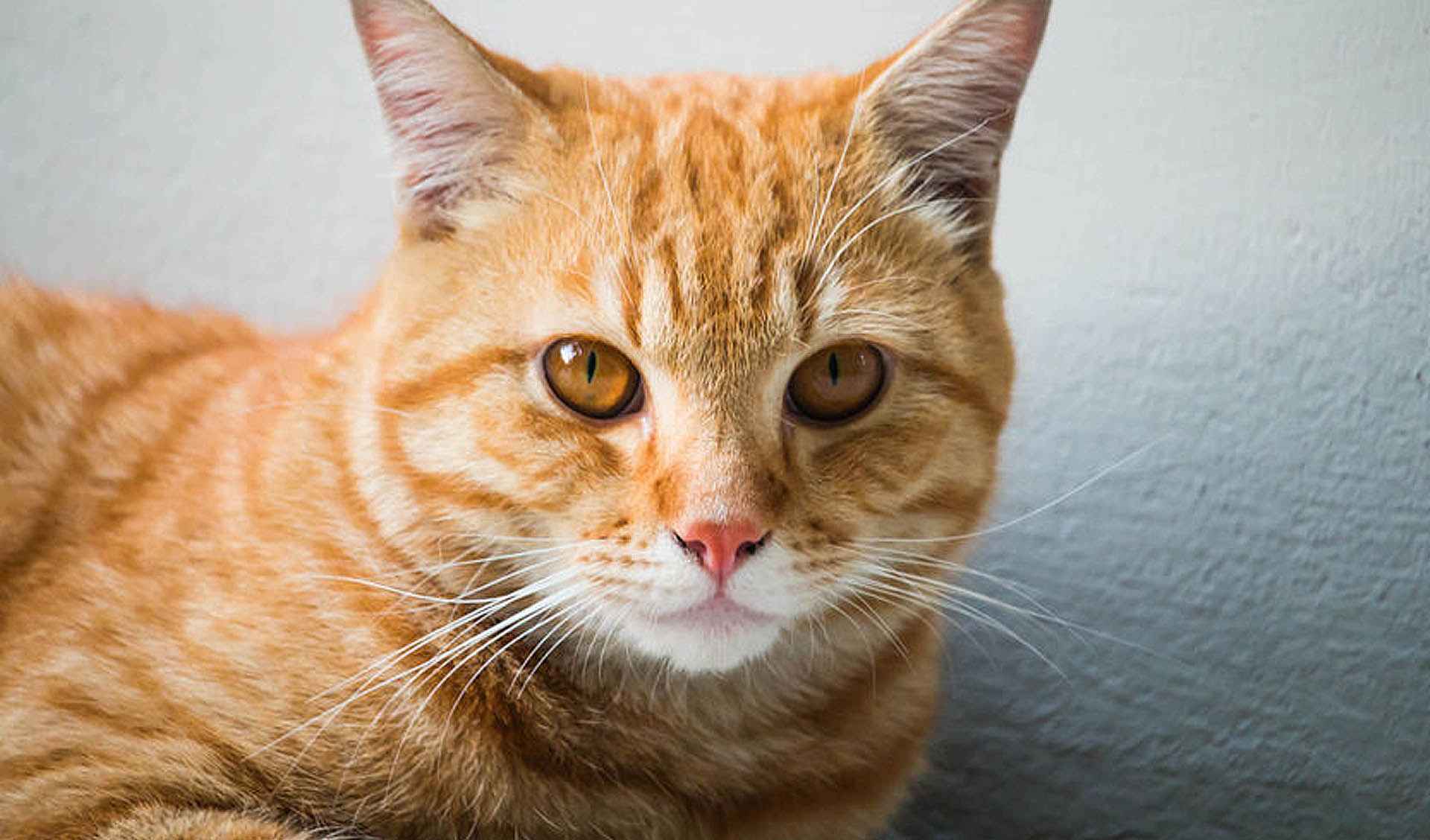Our feline friends age much more quickly than we do. A cat over 9 years is generally considered to be senior and may start exhibiting signs of aging. While sometimes the symptoms may be obvious, cats are notoriously adept at hiding pain and the symptoms may be more subtle. Careful observation and visits twice a year to the veterinarian will help you identify these signs and allow treatment of illness sooner resulting in an improved quality of life.
As your cat ages you may notice they will sleep more and generally be less active. Older cats often have more difficulty grooming, especially if they are overweight, and you may notice that their coat becomes matted or dull. Long haired cats may need help keeping their coat clean and mat free. Your cat might also experience some vision or hearing loss.
You may also find they begin to urinate or defecate inappropriately outside their litterbox. This may be a physical issue due to discomfort from arthritis making it difficult to get into the litterbox. Choosing a litterbox with low sides will help. It may also be a medical issue which should be discussed with your veterinarian.
Arthritis is a common disease for older cats. Just like us, the cartilage in your cat’s joints begins to deteriorate causing painful and debilitating inflammation known as arthritis. Although there is no cure, there are preventative treatments such as pet specific glucosamine to help preserve the joints as well as treatments to ease and control the pain associated.
Many senior cats suffer from dental disease. Tartar and bacteria build up on the teeth causing gingivitis, tooth problems and infection. If left untreated, dental disease can affect other organs such as kidneys, heart, liver and pancreas. Because older pets have a weakened immune system, it is even more important to address this issue. A professional dental cleaning (with scaling and polishing) might be required to keep your cat in tip top shape. See the following blog for more information: The Importance of Professional Dental Cleaning.
As cats get older, their metabolic rate slows down leading to a decreased activity level resulting in muscle loss. Weight gain also becomes an issue since older pets require fewer calories. As their dietary needs change, they will benefit from proper protein and nutrient levels. Older cats should be switched to a senior diet to help ensure a healthy weight is maintained and their nutritional needs are met. The veterinary exclusive Royal Canin Senior Consult diet, for example, contains added beneficial ingredients and supplements to support cognitive function, joint health and to slow the progression of kidney disease, maintain muscle, and help promote healthy skin and coat.
Blood work and urinalysis becomes an important part of your pet’s annual checkup. It will give a better understanding of the changes happening to your cat. These tests are used to identify the most common senior health issues such as hyperthyroidism, diabetes, kidney failure and cancer. Detecting these diseases in their early development gives your cat the best chance for treatment and survival. Talk to your veterinarian at Centrepointe Animal Hospital about your senior cat.


